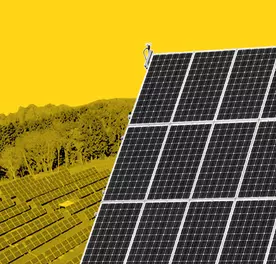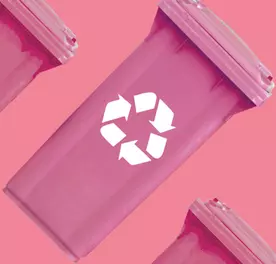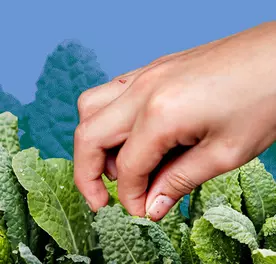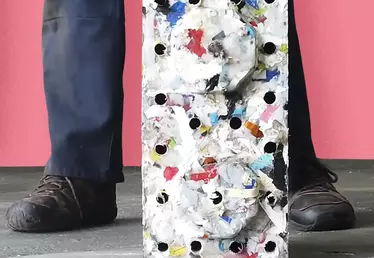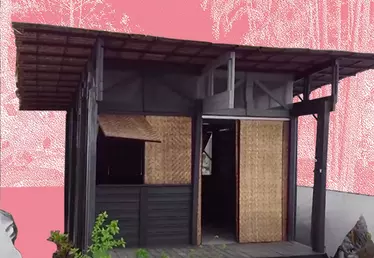
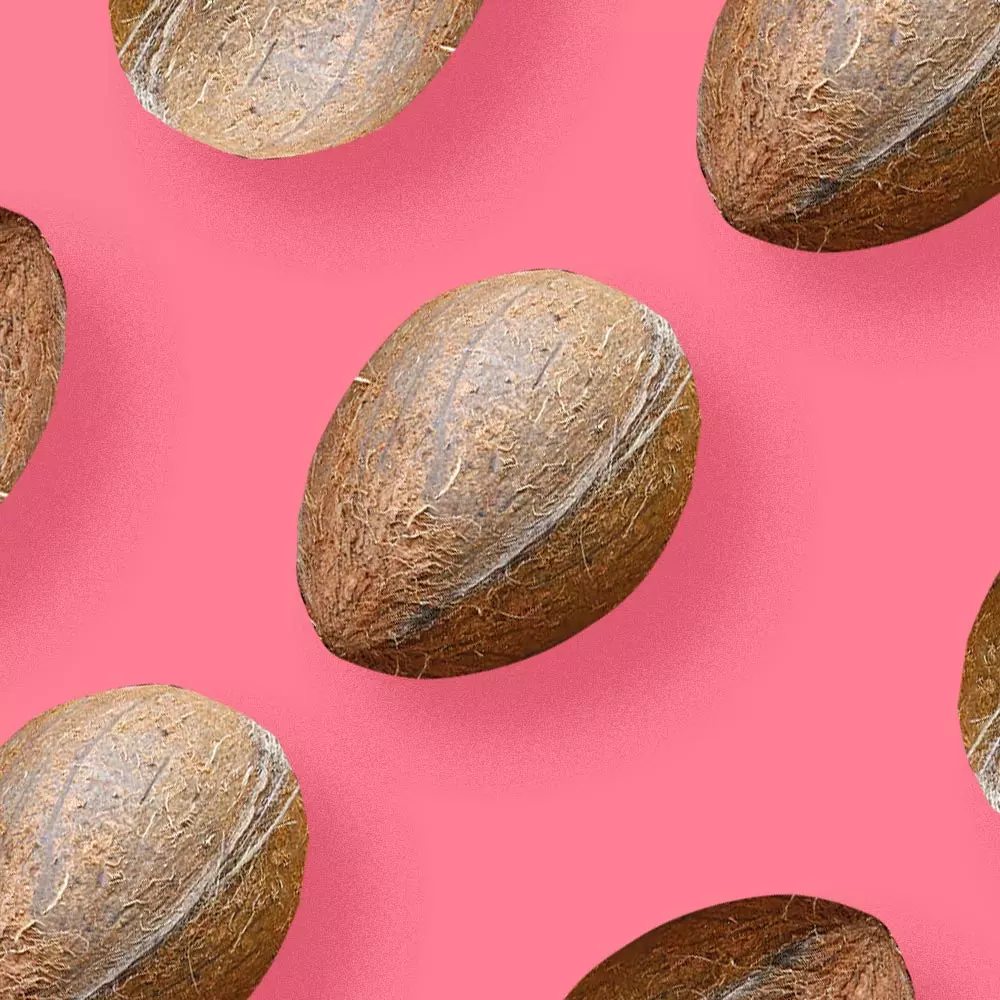
Hero banner custom title
100% coconut and green too!
3 min
In Indonesia, the Dutch start-up CocoPallet has been recycling coconut waste for three years. The goal is to produce eco-friendly pallets.
Every year 200 million conifers are felled to make 1.7 billion wooden pallets in Asia. The timber is imported on a large scale from Canada, New Zealand and Eastern Europe.
"Whole forests are being shipped to Asia from all over the world to make pallets [...] It’s a waste of energy and money," says Michiel Vos, founder of the start-up CocoPallet, in an interview with the Dutch daily Trouw.
So what if part of the solution lay in something as simple as a coconut? In 2016, CocoPallet decided to use coconut shells to produce transportation and storage pallets.
"We believe wood should be used for more sustainable purposes, such as construction, furniture and toys”
Especially since coconut production has risen sharply in recent years. The United Nations Food and Agriculture Organization (FAO) estimated the 2013 world production at 62 million metric tons. With 73% of the global total produced in Indonesia, the Philippines and India there is a huge amount of waste - usually discarded or burned.
No synthetic chemicals
To manufacture its pallets, the Dutch start-up took inspiration from a method developed by researchers at the University of Wageningen in the Netherlands which is based on traditional Indonesian know-how.
How does the process work in practice? In the test plant in Indonesia, coconut shells are crushed at a high temperature. The lignin - a natural glue found in coconut fiber - melts and aggregates the shredded material.
The result is an environmentally friendly transport pallet that contains no glue or synthetic solvents.
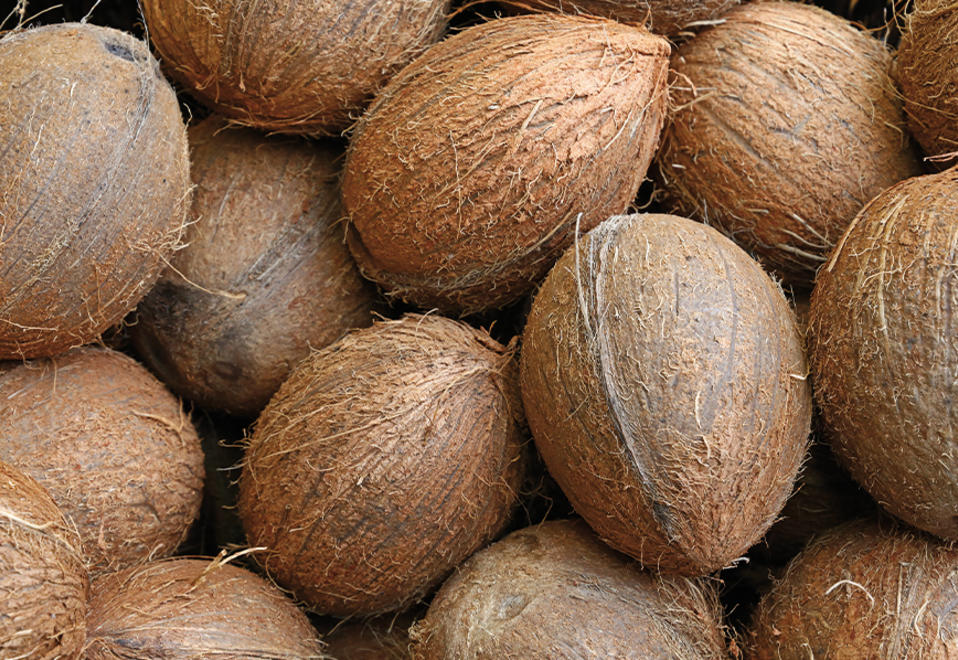
In all, it takes between 60 and 70 shells to make a pallet – and they are just as strong as those made of wood or plastic! What’s more they can be nested, saving up to 70% warehouse space on traditional pallets.
And in a circular economy approach, at the end of their life the pallets can be recycled, turned into biomass or used as green manure for agriculture.
Although CocoPallet is still in the trial phase, the start-up soon hopes to find partners in Indonesia – this time in manufacturing plants. Their goal is to begin delivering pallets to Asian industries by the end of 2020.

